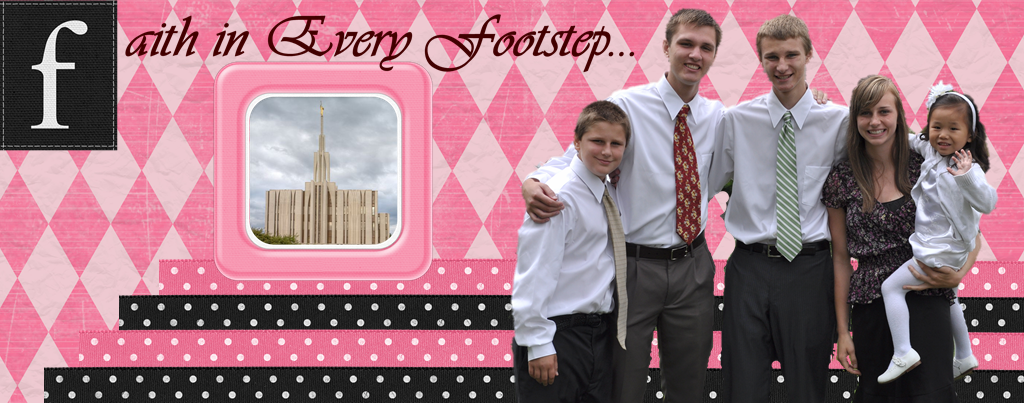This week we did a lot of reading on the differences between the corporate world and being an entrepreneur. I found myself identifying with the entrepreneur. These questions are always what I ask myself in any business situation. I was happy that I could identify so well with the entrepreneur mindset. Here are the questions.
.
Where is the opportunity?
.
How do I capitalize on it?
.
What resources do I need?
.
How do I gain control over them?
.
What structure is best?
Entrepreneurs who are effective make
the sparest allotment of resources. This idea really countered my previous thoughts that it takes money to make money. It would be nice to have the resources I want and need, but more often than not entrepreneurs work with little. I believe that because they are forced to get creative, that this is where the magic happens. Because most of the risk in entrepreneurial
management lies in the effort to pursue opportunity with inappropriate
resources, entrepreneurs work harder to reduce that risk...because it is their own resources. I also liked the idea presented that entrepreneurs chose different tools to get tasks done. This goes along with my creative thinking and I look forward to building on my own ideas.
I was also able to watch a few videos this week, the one that stood out to me was given my Marissa Mayer. I believe she has since left Google and is CEO at Amazon. She outlined how big business can keep the entrepreneurial spirit going through freedom to create. At the time, the groundbreaking company practice of setting
aside 20 percent of an employee's time for creative projects. By her own
assessment, nearly half of the company's most recent launches came from ideas
sparked during this unstructured time. I really like the idea that large companies are starting to understand how less structure can equate to more results.
My last thought for the week was from a talk called "The
Challenge to Become" by Dallin Oaks. In it Elder Oaks teaches that it is not enough to just do, he adds we must become. He says, " From such teachings we conclude that the Final Judgment is not just an
evaluation of a sum total of good and evil acts—what we have done. It is
an acknowledgment of the final effect of our acts and thoughts—what we have become.
It is not enough for anyone just to go through the motions. The commandments,
ordinances, and covenants of the gospel are not a list of deposits required to
be made in some heavenly account. The gospel of Jesus Christ is a plan that
shows us how to become what our Heavenly Father desires us to become" Understand this helps motivate me to forget the checklist of good and bad I subconsciously keep,and really ponder on what type of person I have become and want to become.





crop.jpg)













